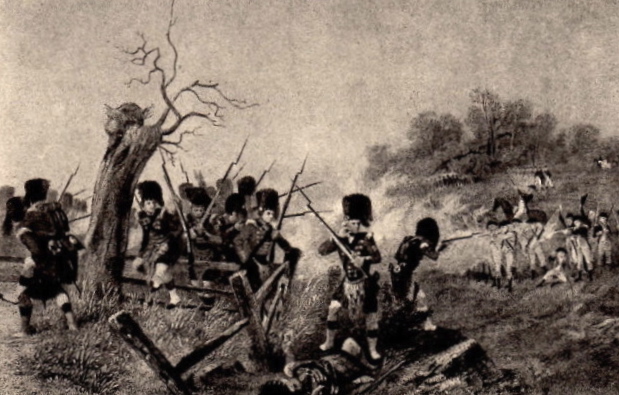
~ Battle of Lexington 1775 ~
There was a great morality that rose in the hearts of the American rebels. There were some that recognized there was a need for a change in the colonies against the British Crown’s oppressive rule. The American-born rebels felt they were economically oppressed by governing laws that didn’t distribute the balance of wealth equally between the American colonists and British Appointed citizens. This imbalance caused a rebellion by a group of individuals that would go on to call themselves,“American Patriots.”
There were three thousand British troops in Boston by April 1st, 1775. They were commanded by General Gage, who was confident that he could repress the growing rebel insurrections. There has been some arms stealing by the rebel forces. Word has also spread throughout he colonies that the rebels were fortifying their efforts and building-up arms for an inevitable British confrontation. This concerned Gage, and his mission would be to gather up of destroy stores of ammunitions stored by the patriots. There destination was the town of Concord, 16 miles from Boston. Toward midnight on April 18th 1775, he secretly dispatched 800 men under Lieutenant Colonel Smith and Major Pitcairn to destroy the cause. Since the element of surprise was needed, he had taken the precaution to arrange the campaign in secrecy so their objective would have been hid from the patriot spies. Fortunately for the Americans, the vigilant Dr. Warren had secretly watched all the movements of General Gage. He learned of his secret attack plans in the early evening and got word sent out when it first moved. Paul Revere who is one of the most active members in the Sons of Liberty, was given the task of riding to Concord to arouse the inhabitants and minutemen. The alarm was spread by church bells, muskets and cannon; and when it became dawn the following day on April 19, 1775, Pitcairn reached Lexington, a few miles from Concord, he found seventy determined men to oppose him. Pitcairn rode forward and ordered them to disperse. The rebels refused to obey, and the command to fire was given. The first blood of the Revolution flowed upon the grass of the “Green at Lexington” The last survivor of that noble band, Jonathan Harrington, died many years later in March of 1854, at the age of 96.